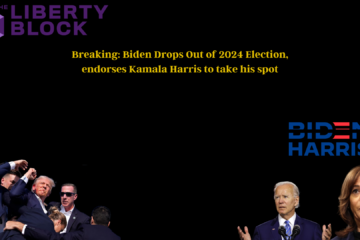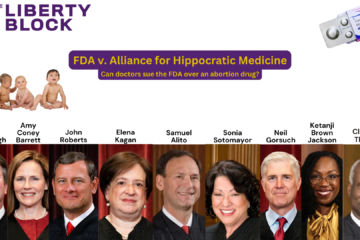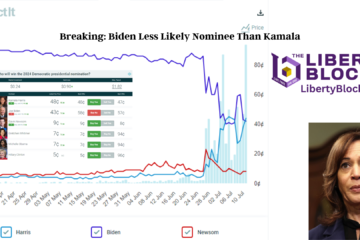In the 2020 elections, Joe Biden won New Hampshire by a large margin, as Democrats typically do. As of this writing, the count is 53% to 45% in favor of Biden. In the US Senate race, Democratic incumbent Jeanne Shaheen beat Corky Messner by a massive 57% to 41% margin. Democrats won both US House races by relatively large margins, as well. In terms of who will create laws in DC, New Hampshire voters overwhelmingly chose Democrats.
The curious part of last night’s election was what the voters decided regarding state politics. When it comes to determining who should create New Hampshire laws, voters overwhelmingly elected Republicans. Republican Governor Chris Sununu beat Democrat Dan Feltes by a humongous difference of 65% to 34%, which is a margin not often seen in politics anywhere in the US. The voters also gave the Executive Council back to the Republicans. The Senate appears to have flipped back to Republicans by a count of 14 senators to 10. And the House appears to be heading towards a Republican majority, as well. Some races have not yet been called in the State House elections. It certainly appears that Republicans have taken a Quadfecta (control of all 4 branches) in the New Hampshire government, despite the state voting decisively for Democrats on the federal level.
In addition to the House and Senate majorities, the Republican Caucus in the House is now composed of more ‘liberty Republicans‘ than ever before. It is estimated that around 100 libertarian-leaning legislators were elected to the New Hampshire House in 2020. This means that the majority has a high likelihood of passing effective bills to restrain government and empower citizens.
Additionally, taking back the House and Senate from the Democrats means that Republicans will control redistricting of legislative districts, which occurs every ten years.
Why the huge disparity between state and federal elections?
It is unclear why exactly New Hampshire voters elect Democrats for federal offices and Republicans for State offices. The simplest answer might be that New Hampshire’s voters support socially liberal policies that are based on federal laws, such as abortion, gay marriage, Medicare and Social Security. They may oppose Republicans due to their support for foreign wars (though Republicans are increasingly anti-war, possibly making them more isolationist than Democrats, currently). The voters do seem to appreciate libertarian-conservative policies such as low taxes, low regulations, and no gun control when it comes to state-level issues. This would be the tenth year since 1992 in which voters elected Republicans to control the Governorship, the House, and the Senate, indicating that they like to keep their tax burden low and their state government small.
At only $6 billion per year, New Hampshire’s budget is the 4th smallest in the US. At under 7%, the total effective tax burden by the state is the 5th lowest in the US. With no restrictions on firearms or self-defense, the state is the #1 freest state in the US with regards to gun rights. The state government is quite weak, and the citizens clearly like it that way.
The voters in the Granite State seem to choose who to vote for based much more on their policies and much less due to their party affiliation than their counterparts in other states, indicating that they are extremely vigilant & savvy voters. As mentioned above, the voters crisscrossed the ballot on an incredible scale. Many voters chose Sununu the Republican for Governor and Shaheen the Democrat for Senator. Each won decisive victories. Regardless of political opinions, one cannot deny that New Hampshire’s citizens vote with intentionality.
Regardless of the reason for this state-federal party balance phenomenon, if voters in the ‘Live Free or Die’ state do support low taxes, small government, and personal liberties over strong government, high taxes and spending, and equality of outcomes provided by the government, they should reconsider granting one party control over the federal government while granting the other party power over the state. After all, the federal government increasingly controls policies within the state. Whether they like it or not, New Hampshire citizens may soon find higher taxes and gun control policies at their doorsteps due to federal legislation.


